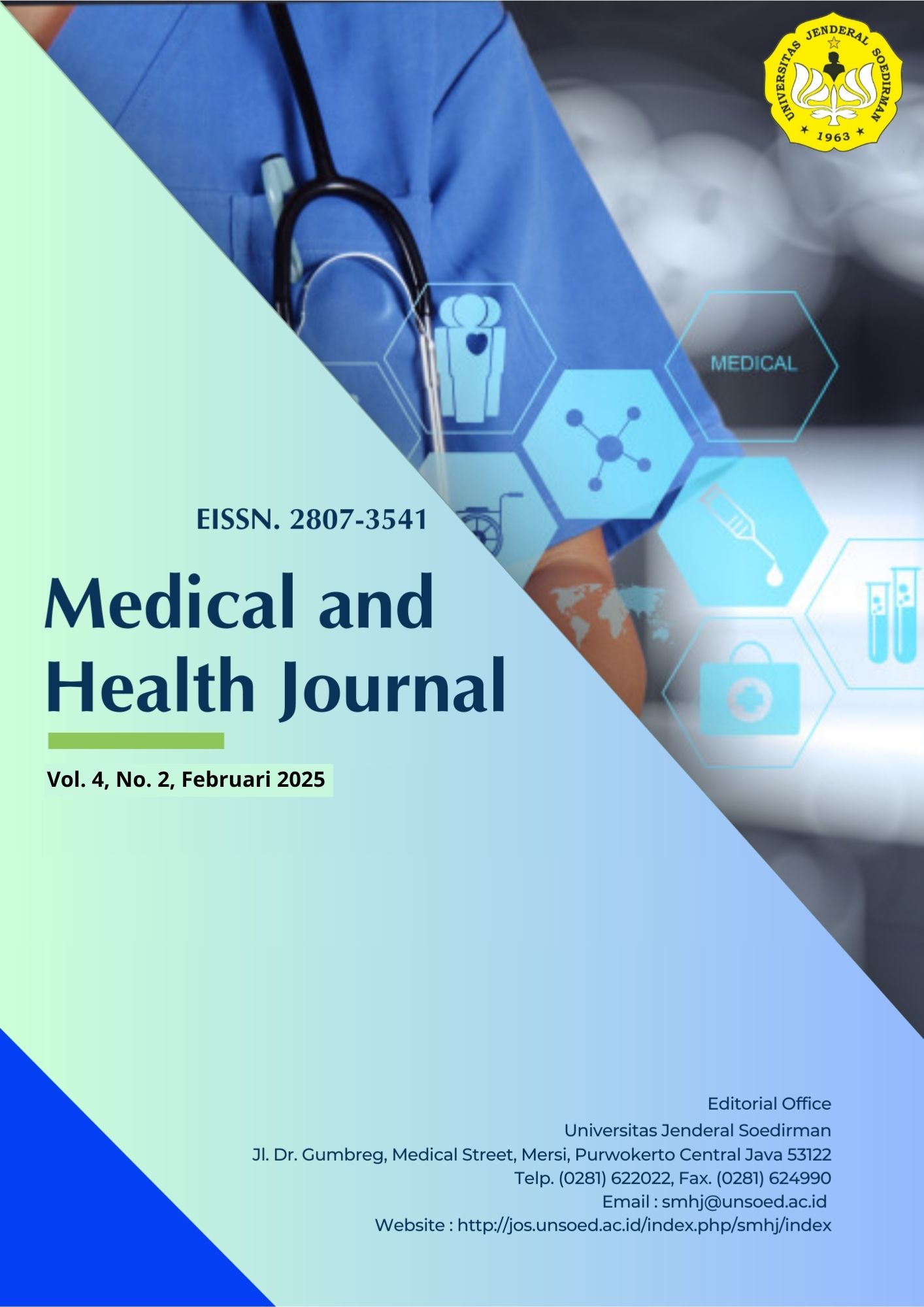FAMILY SUPPORT WITH REHABILITATION COMPLIANCE IN CLIENTS WITH DRUG ABUSE IN THE WORK AREA OF BNK POHUWATO
Abstract
Handling drug abuse is a challenge that requires comprehensive intervention, including family support as an important factor in the success of rehabilitation. This study aims to analyze the relationship between family support and rehabilitation compliance in drug abuse clients in the BNK Pohuwato work area. The research design used was quantitative analytic with a cross-sectional approach. Data were collected through interviews using questionnaires to 24 respondents undergoing rehabilitation. Data analysis was carried out using the chi-square statistical test to identify the relationship between family support and rehabilitation compliance. The results showed that there was a significant relationship between the level of family support and rehabilitation compliance (p <0.05). Clients with good family support had a higher level of compliance than clients without family support. Family support in the form of motivation, supervision, and emotional assistance has been shown to make an important contribution to the success of the rehabilitation program. This study emphasizes the importance of family involvement in the rehabilitation process as part of a drug abuse handling strategy. It is hoped that these results can be a reference for related agencies to develop more effective rehabilitation programs by involving the active role of the family.






